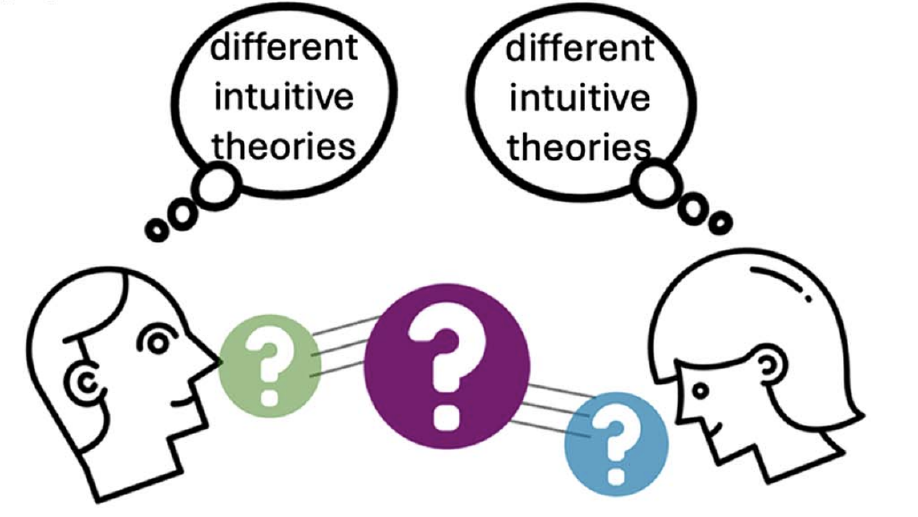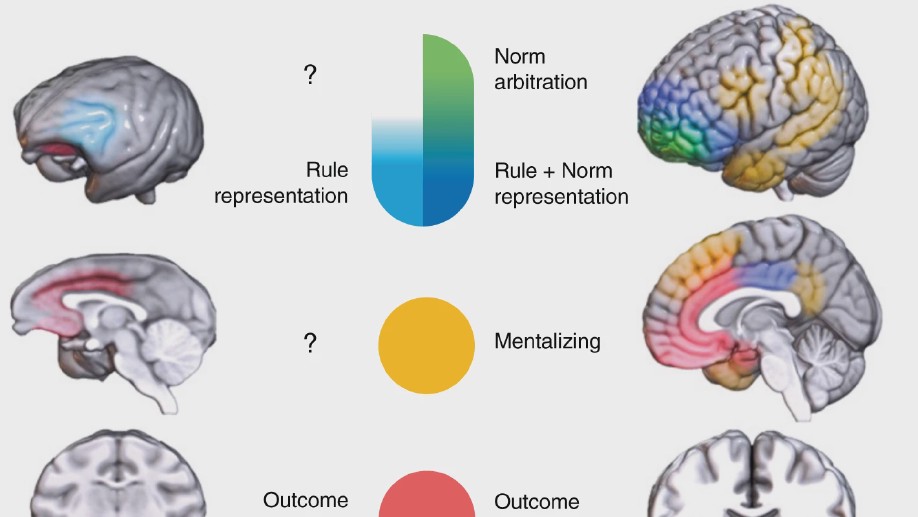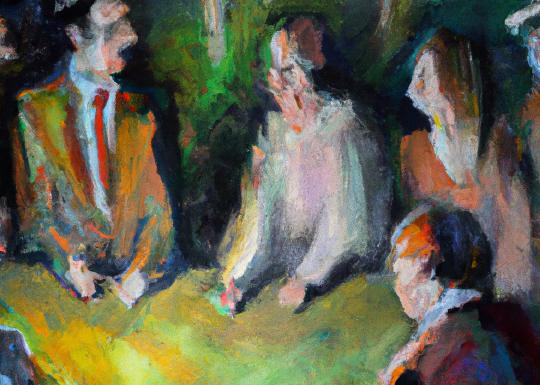
Yoonseo Zoh
Psychology PhD student
Princeton University
About me
I’m a 4th year PhD student in Department of Psychology / Statistics & Machine Learning program at Princeton University, working with Dr. Molly J. Crockett. I received B.A. in Psychology and Education from Seoul National University with summa cum laude, and M.A. and M.phil. in Psychology (with concentration in Neuroscience) from Yale University.
My research focuses on examining the interplay between human cognition and moral intuitions, with the goal of understanding how individuals think and make decisions regarding issues of justice and morality. I employ an interdisciplinary approach, leveraging computational models, behavioral economics, and neuroscience.





